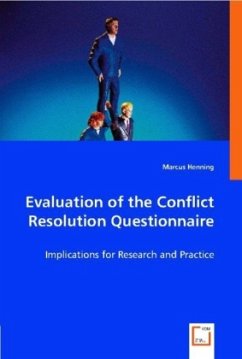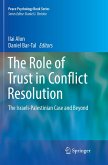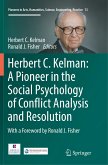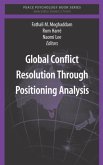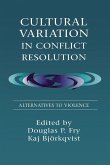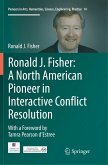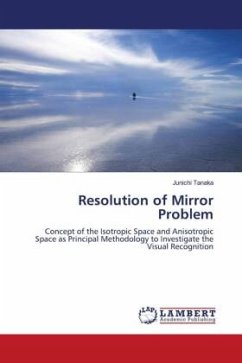Many questionnaires used in the measurement of conflict are expensive and difficult to obtain. In addition, instruments of this kind are usually associated with diagnosis rather than intervention and education. The present book evaluates the recently developed questionnaire that is easily accessible through the Internet, namely the Conflict Resolution Questionnaire (CRQ). The CRQ was developed as a measure of the conflict resolution ideas presented by Weeks (1994), and Fisher and Ury (1991). It has been used to measure a person's ability to create mutually beneficial resolutions to conflict for all participants. In addition, the CRQ items measure respondents' perceptions regarding how often they engage in certain conflict-related behaviours, and their level of awareness regarding conflict issues. The CRQ is also designed to promote understanding of conflict, and has been used as an educational tool. This book has presented data that evaluated the CRQ's reliability and validity and the results suggest that this type of instrument has potential benefits for researchers and practitioners in this area.
Bitte wählen Sie Ihr Anliegen aus.
Rechnungen
Retourenschein anfordern
Bestellstatus
Storno

